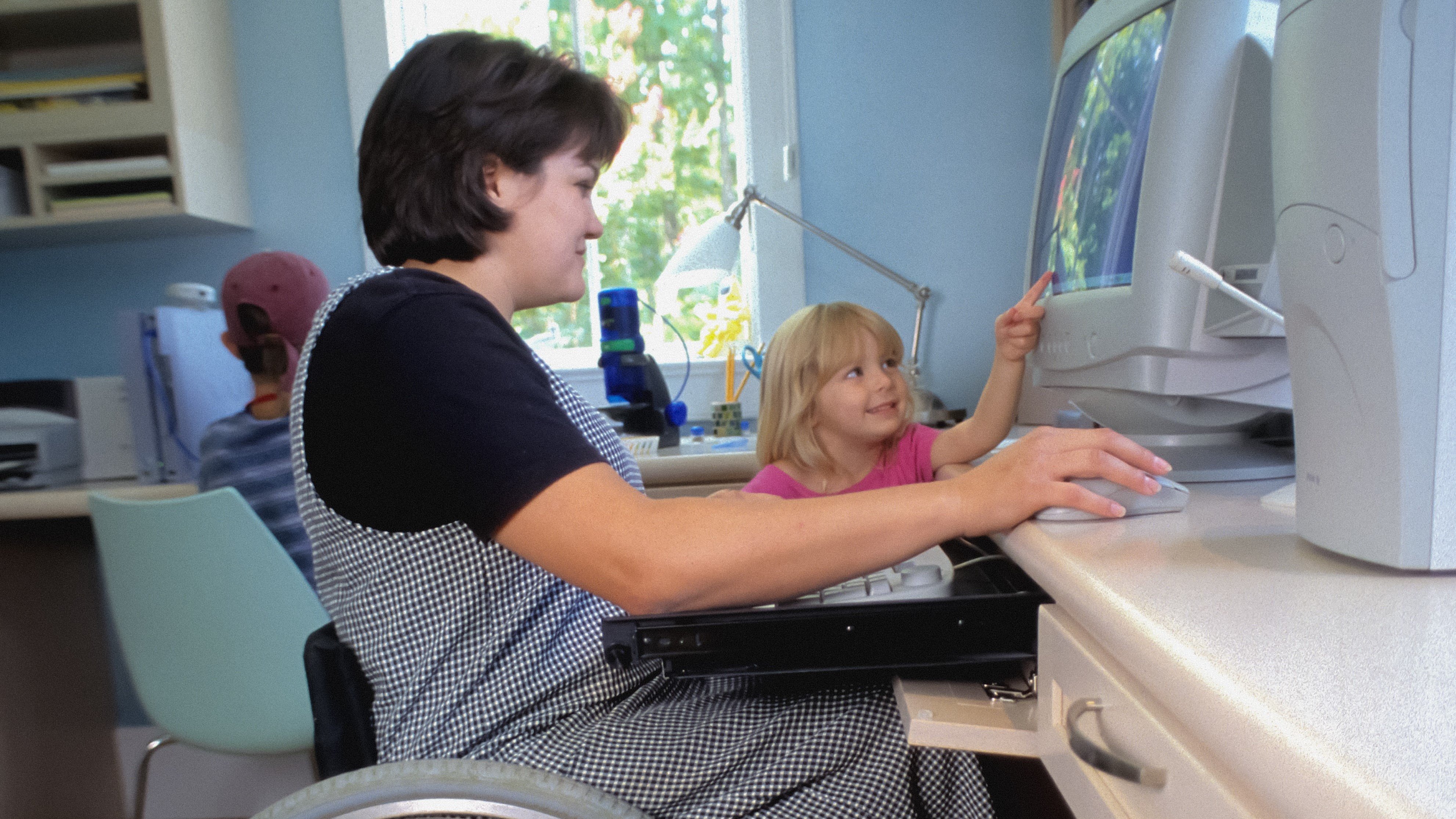November 1, 2021, marked the beginning of Canada’s 11th Financial Literacy Month. The month is part of the Financial Consumer Agency of Canada’s efforts to make the financial ecosystem more accessible, inclusive and effective for all Canadians.
 Making a change that counts
Making a change that counts
This year’s campaign is called Make Change that Counts and focuses on raising awareness for Canada’s National Financial Literacy Strategy 2021-2026. Canada’s national strategy aims to help build a Canada where everyone has financial resilience, encouraging evidence-based strategies and collaboration to reduce barriers while catalyzing actions and ecosystem changes.
Financial skill-building
Each week of November will have a different theme and events, which can be found on the Financial Consumer Agency of Canada’s website.
- Week 1 (November 1 to 6): Managing expenses to keep up with bills and credit commitments
- Week 2 (November 7 to 13): Managing debt to feel in control of your overall debt situation
- Week 3 (November 14 to 20): Managing savings to prepare for financial shocks and unexpected expenses, and achieve your financial goals
- Week 4 (November 21 to 30): Navigating the financial marketplace with knowledge and confidence
The Canadian Financial Literacy Database also offers a listing of events, with topics ranging from Indigenous money management to understanding inflation. Each event description includes contact information for the organization hosting the webinar, so you can follow up afterward if you happen to miss the event.
 Financial literacy for ending poverty
Financial literacy for ending poverty
Financial Literacy and Empowerment has been important for Communities Ending Poverty for a number of years.
Recognized as a game changer in poverty reduction, more than 41 members are currently working directly on financial empowerment programs and services including tax clinics, coaching, workshops, matched saving accounts and RESP programs.
Below are some examples of financial literacy work happening in the Communities Ending Poverty network:
Enough for All Calgary’s Financial Empowerment Initiative
Calgary’s Enough for All financial empowerment initiative has led to increased savings and assets for its clients, as well as millions of dollars in tax refunds and government benefits. Since 2015, $3,304,379 in tax refunds were put directly into the pockets of low-income Calgarians.
Golden, BC: Supporting individuals to apply for emergency benefit programs
The Golden Community Coop is now providing free support to community members interested in applying for emergency benefit programs. Their Social Justice Advocate program is helping people to find out what economic supports are available for individuals and businesses, whether they qualify, how they can apply and where they can find up to date information.
Prince Edward County, ON: Free tax filing services
An expanded tax-filing program offered by the Prince Edward Learning Centre is ensuring that residents economically impacted by COVID-19 can access federal and provincial funding. The organization is working to reduce barriers residents face in accessing COVID-19 related government support.
See the case studies below to learn more about how financial empowerment can contribute to ending poverty at the local level.
Resources:
- Read the case study: Calgary's Enough For All: Canada's First Financial Empowerment Model
- Read the case study: Leeds & Grenville Reduces Poverty Through Tax Filing
- Read the case study: Alberta Proves that, Yes We Can! Reduce Poverty
- Read the profile on Prosper Canada’s network of 14 Financial Empowerment champions: Finding Financial Stability in Uncertain Times





